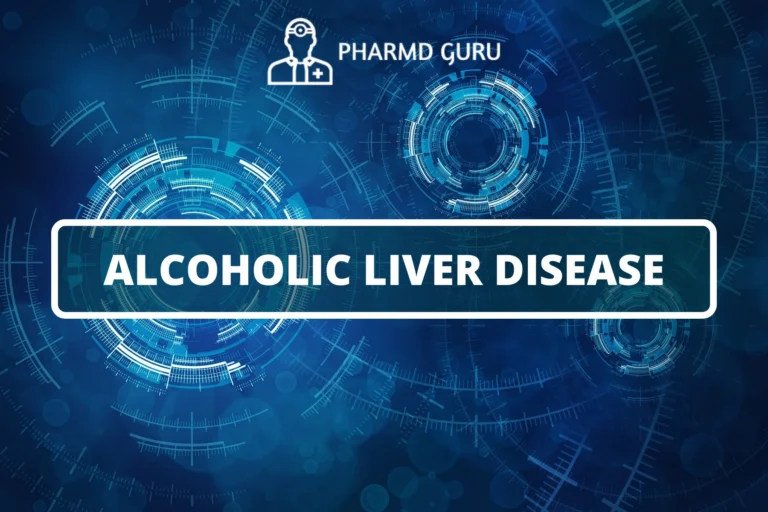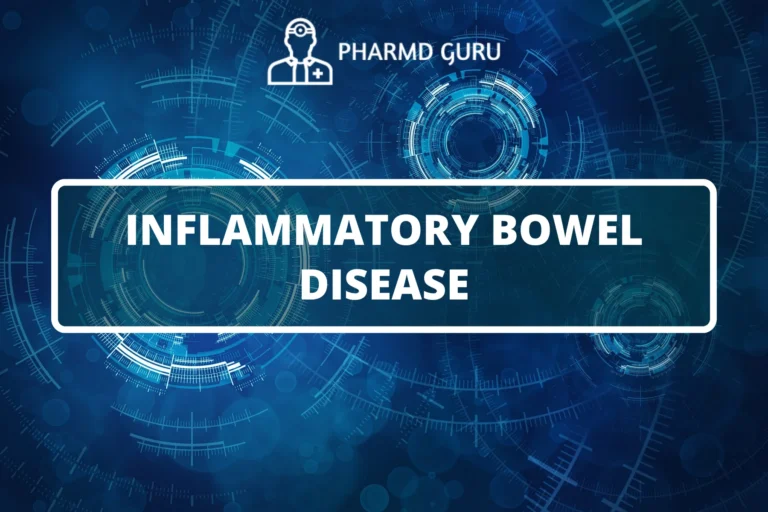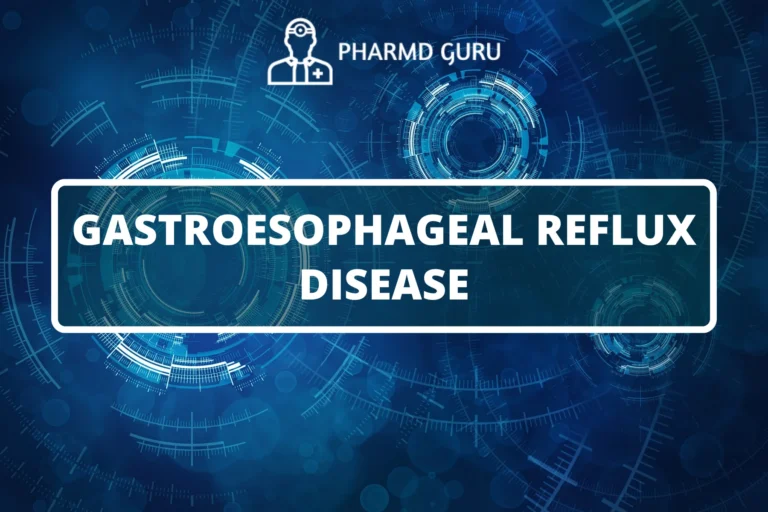
ALCOHOLIC LIVER DISEASE
Alcoholic liver disease (ALD) is a condition that occurs due to excessive and prolonged alcohol consumption. It encompasses a spectrum of liver disorders, including fatty liver, alcoholic hepatitis, and alcoholic cirrhosis. Understanding the etiopathogenesis, or the underlying causes and mechanisms,…



